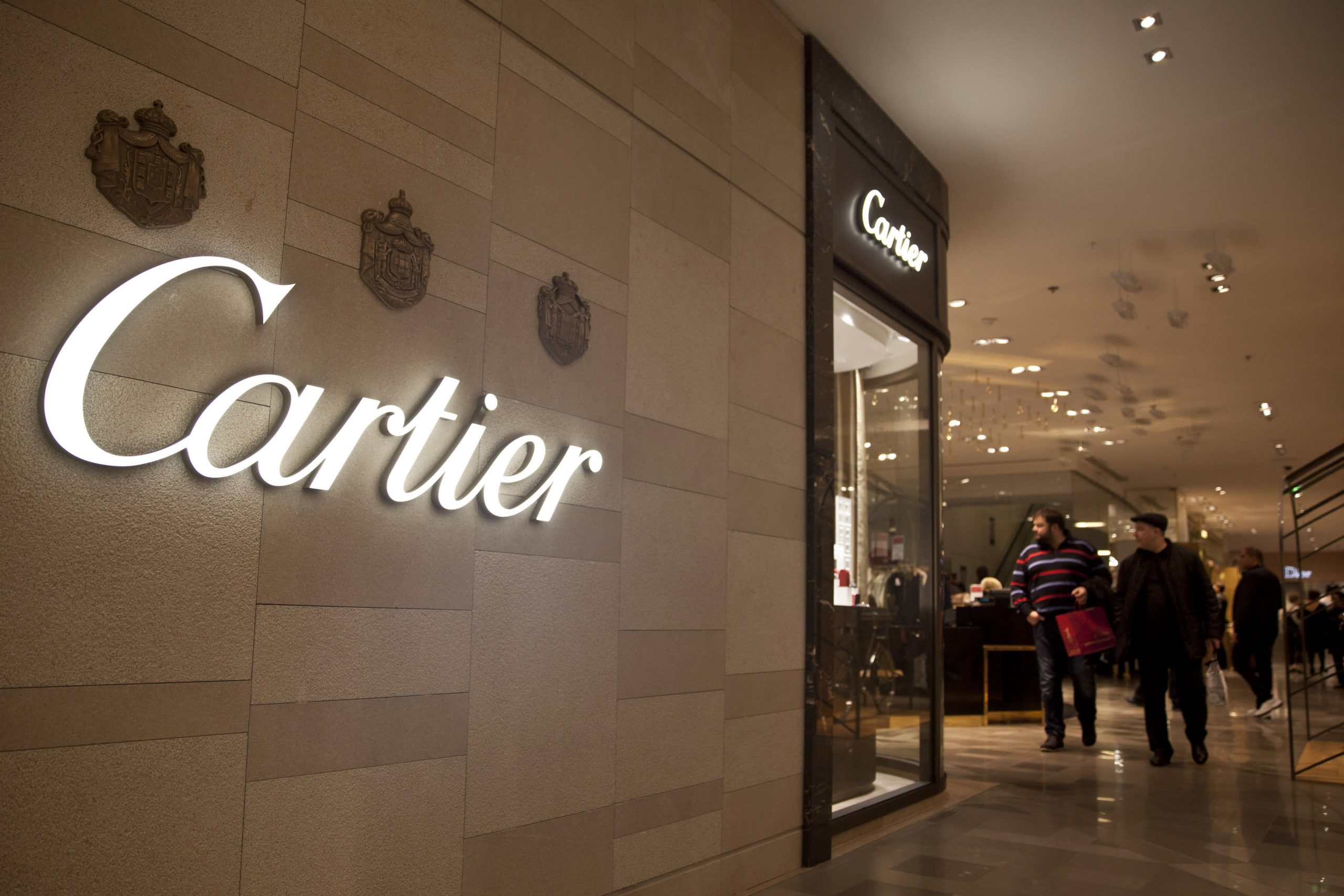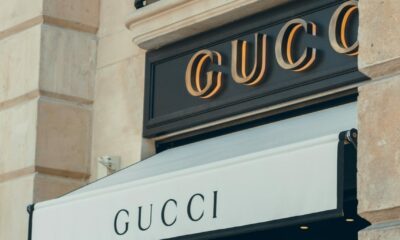z_Uncategorised
Cartier Shines as Richemont Outperforms Rivals in Sluggish Luxury Market

Swiss luxury group Richemont, chaired by South African billionaire Johann Rupert, has posted resilient full-year sales growth, bucking the trend in a sluggish global luxury market. The continued appeal of its Cartier brand and strong jewellery segment allowed the group to outperform rivals like LVMH.
In its latest results for the year ending March, Richemont’s jewellery unit — which includes Cartier and Van Cleef & Arpels — recorded an 8% increase in sales at constant exchange rates. That figure edged past analyst expectations of 7.54%, with overall group sales also meeting market forecasts.
While many luxury brands struggle amid softening consumer demand — particularly from cautious Chinese shoppers — Richemont has shown more resilience. The jewellery sector remains a bright spot in luxury retail, attracting demand even in uncertain economic times.
Johann Rupert’s Quiet Control
Richemont was founded by Rupert as a spin-off of Rembrandt Group (now Remgro) and remains his biggest company. Despite owning less than 10% of the capital structure, Rupert maintains firm control of the group through B shares that carry 50% of the voting rights.
His leadership and strategic direction appear to be paying off. The company noted that a mix of disciplined cost control, selective price increases, and strong brand performance helped cushion the impact of rising gold prices and other raw material costs.
Richemont vs LVMH: Jewellery Wins
While Richemont’s shares have risen about 15% year-to-date, rival LVMH has seen its stock fall 17%, largely due to weak performance in categories like handbags. LVMH, which owns labels such as Bulgari and Tiffany, reported disappointing results in its most recent quarter — in stark contrast to Richemont’s double-digit growth in jewellery.
“Jewellery remains a category with enduring appeal, offering emotional value that transcends economic fluctuations,” Richemont said in its statement.
The group also acknowledged that tariffs imposed by US President Donald Trump had impacted operations, leading to targeted price hikes at Cartier and Van Cleef & Arpels in response.
Despite missing analyst estimates on operating profit — coming in at €4.47 billion versus €4.55 billion — Richemont’s strategic positioning in high-demand jewellery appears to be shielding it from the worst of the luxury slowdown.
With macroeconomic uncertainties still looming, Richemont’s brand power and focus on timeless luxury may keep it ahead of competitors in 2025 and beyond.
{Source: BusinessTech}
Follow Joburg ETC on Facebook, Twitter , TikTok and Instagram
For more News in Johannesburg, visit joburgetc.com



























